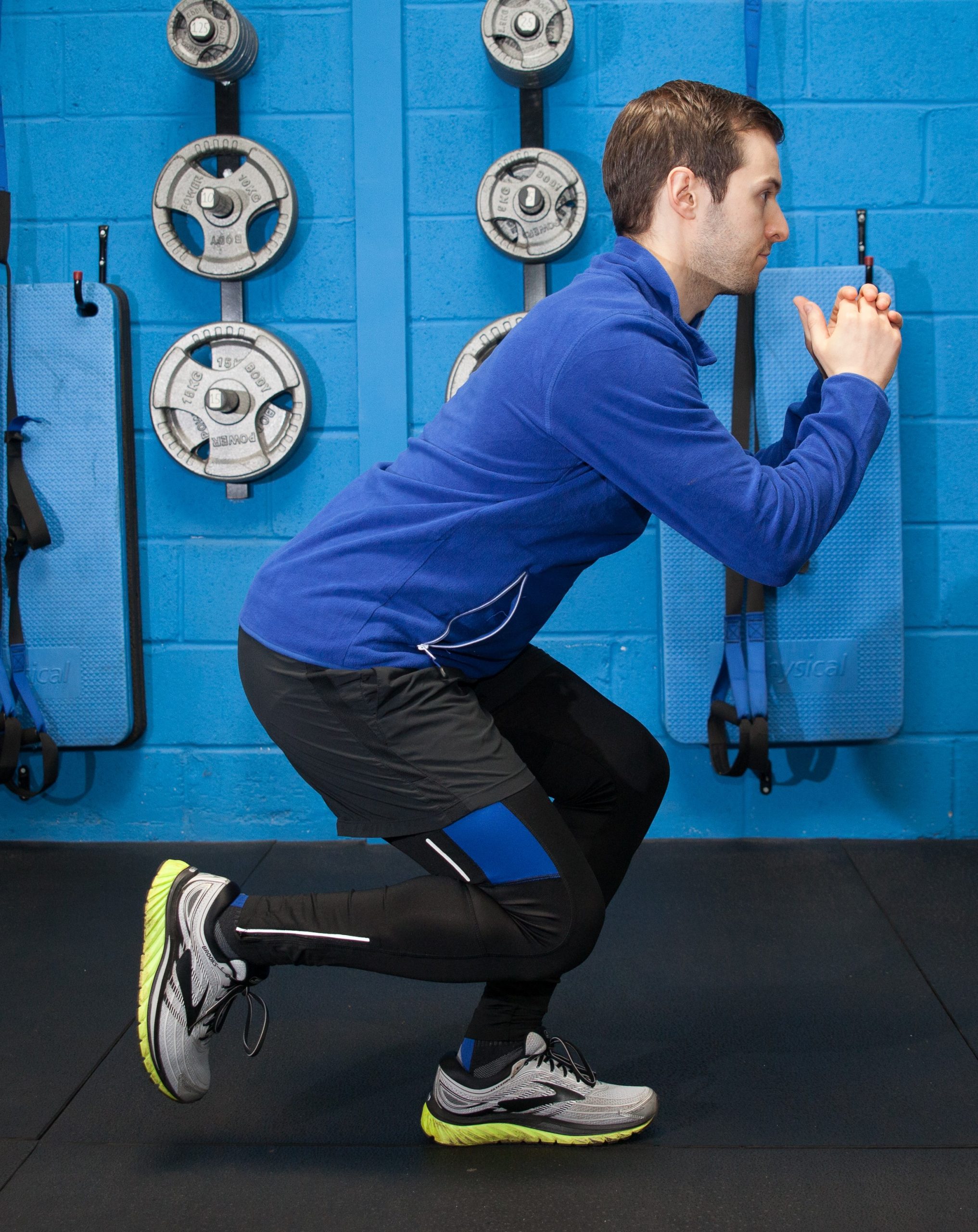As runners we think about muscle and cardio endurance, flexibility and strength, but rarely if ever do people think about balance.
Why does balance matter?
Running is essentially a single sided exercise at any given moment, as we shift from side to side. If you were to hop on the spot from one foot to another, don’t you think better balance be useful? Forward momentum doesn’t change that.
With better balance every stride is taking you 100% in the right direction. If balance is lacking, you’ll sway, be inefficient and be running races slower than you could be.
Change in running style
If you’re working on your running style, shifting your landing zone from heel to mid-foot, then the extra foot muscle strength you gain will help protect your foot. I made the mistake of not doing this and ended up with a numb left foot 5 miles into a 20 miles race which definitely didn’t help performance. It stayed numb for the next 3 days but hasn’t been an issue since doing the work I’m going to suggest for you here.
More than just a skill
Balance isn’t purely a skill. Without strength in your body, you’ll not be well balanced. For good balance we want strength in our core and other trunk muscles at the very least. As runners we definitely want strength in the leg muscles to stabilise our hips, knees and ankles as well as the muscles of the foot to propel us forward with less energy lost.
It’s a combination of skill and physiology.
How to improve your balance
As with most thing, it comes down to practice and making that practice specific to your needs.
Stand on one foot when you’re cleaning your teeth, washing the dishes, ironing, talking on the phone. Perform exercises like squats on one leg to build strength in the leg and foot muscles. Any other exercises you do where the foot is on the ground, look to add an element on instability by using a balance pad or stability disk, both available for £10.
Upper body exercises even can be made to work for your balance by increasing the load on the core muscles. If you perform dumbbell shoulder presses one side at a time whilst maintaining good posture, you’ll engage a whole host of core muscles. You’ll use less weight but if running is the most important of your fitness goals, it’s worth losing a little upper both strength in exchange for more upper body endurance, better core strength and balance.
Written by Kyle Brooks, Running Coach based in Norwich, Norfolk

